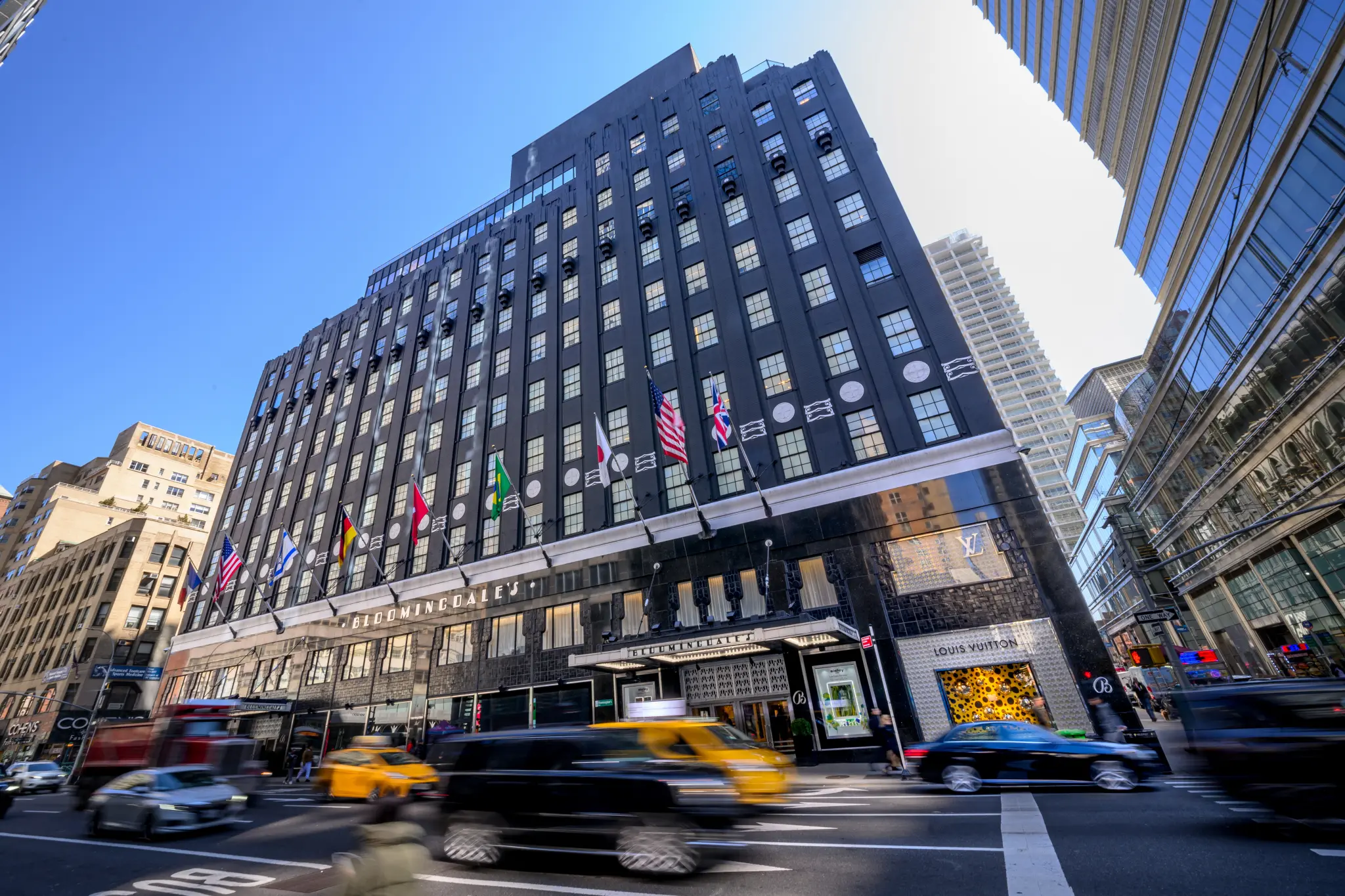
Macy’s said it will shut down 150 stores — about 30% of its US namesake chain — as the department store giant tightens its focus on luxury under a new chief executive.
The retailer said in a Tuesday filing that the closures slated to take place over the next three years will free up as much as $750 million worth of real estate assets as the department store chain focuses on growing its luxury brands.
During the same three years, Macy’s plans to add 15 new outposts of its higher-end Bloomingdale’s stores, as well as 30 Bluemercury locations, its luxury cosmetics brand, according to Bloomberg.
It’s the latest downsizing for Macy’s, a once-sprawling chain that operated 870 stores as recently as 2019, including 643 Macy’s locations.
The move also comes less than one month into the tenure of Macy’s new chief executive, Tony Spring, who took the helm following a four-decade career holding executive positions at Bloomingdale’s.
“Inflation is still up even if it’s not as high as it was. We’re going to have to fight for our fair share and fundamentally reposition the business for growth,” Spring said, according to Bloomberg.
It wasn’t immediately clear how many employees would be affected by the looming closures, though Macy’s said in its filing that it would incur a $50 million charge related to termination costs.
Many of the locations that are set to close are located near other Macy’s locations, meaning some workers could transfer, according to Bloomberg.
“The shopper is still under pressure,” Spring added.
Representatives for Macy’s — which has some 500 stores nationwide — did not immediately respond to The Post’s request for comment.
Macy’s has been fighting off a pair of activist firms looking to buy the company for $5.8 billion — a deal Macy’s rejected last month, reportedly over concerns on valuation.
Arkhouse said last Tuesday it had provided additional financing details, including names of highly regarded equity partners — which have more than $75 billion in combined assets under management — for the 50% equity component of the transaction.
Macy’s, which has entered its 166th year in business, has been struggling recently with weak demand as customers cut back on spending due to stubbornly high inflation and elevated borrowing costs.
Macy’s fourth-quarter results posted Tuesday showed sales fell nearly 2% in the all-important holiday quarter.
Revenue came in at $8.12 billion — slightly under the $8.15 billion Wall Street expected.
Moving forward, the company said 2024 will be a year of “transition and investment,” and anticipated adjusted earnings of $2.45 to $2.85 a share — below the $3 analysts anticipated, and weaker than last year’s outlook.
Per the latest Consumer Price Index — which tracks changes in the costs of everyday goods and services — US inflation advanced a hotter-than-expected 3.1% in January, dampening hopes on Wall Street that the first of three highly anticipated interest rate cuts this year could come as soon as March.
The Bureau of Labor Statistics is set to release February’s CPI report on March 12.